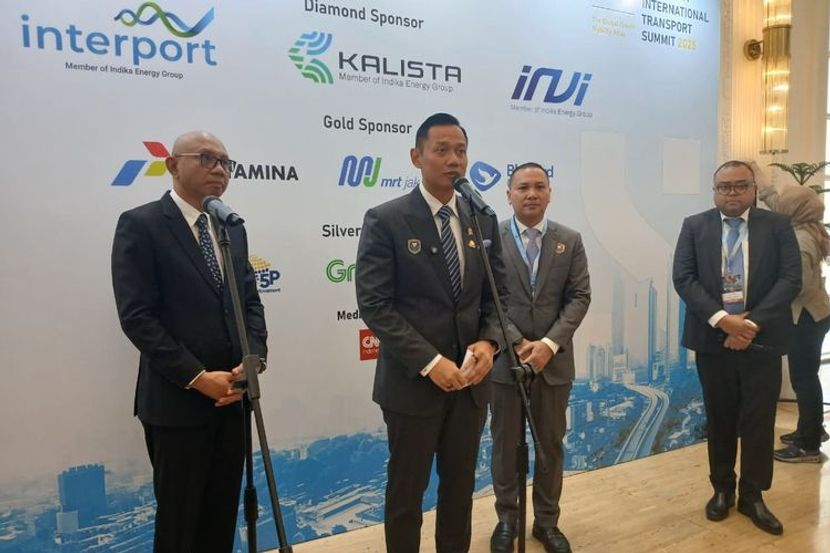
Indonesia has set ambitious goals for national infrastructure and connectivity, with the Coordinating Minister stating at the Transportation Summit 2025 that connectivity is not only about physical construction, but also about the country's commitment to leave no region behind.Targets include expanding the public transportation network in urban areas from 6 cities in 2023 to 20 cities in 2030; and increasing the rail network from 6,880 km to 12,100 km in 2030.
There are also roads increasing from 50,064 kilometers in 2023 to 86,206 kilometers in 2040; port capacity increasing from 72 in 2020 to 142 in 2030; and logistics cost share decreasing from 14.291 TP3T in 2022 to 81 TP3T in 2045, covering Java, Sumatra, and Kalimantan, Sulawesi, and Papua.
He admitted thatNational budgets are not the only source of funding, the government attracts domestic and foreign diversified investments through the Infrastructure Project Facilitation Office (IPFO). The Chairman of the Indonesian Intelligent Transportation System Association (ITSA) said thatIITS 2025 Targets Transportation Development in the Global SouthIndonesia's geographic and demographic advantages can be applied to a variety of programs that will accelerate the landing of ITS and its expansion to the region, as well as bidding to host the ITS World Congress in 2032.
© Copyright notes
The article is copyrighted and should not be reproduced without permission.


